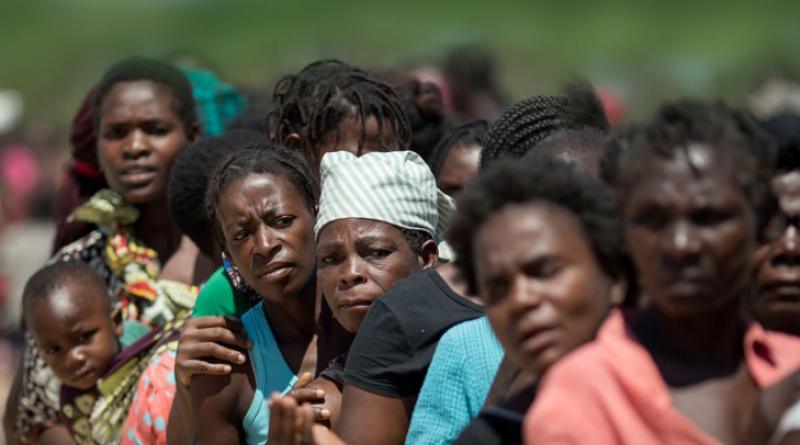Evicted by Climate Change: New CARE report calls for urgent gender transformative response to climate displacement.

The international aid organization CARE is launching a new report highlighting the causes and consequences of climate-induced displacement and the urgent need for a gender-transformative response. The report, Evicted by Climate Change: Confronting the Gendered Impacts of Climate-Induced Displacement, highlights the urgent need for more women’s leadership and greater financial support for gender-just solutions to climate-induced displacement.
Sofia Sprechmann Sineiro, CARE International Secretary General, says:
“CARE’s experience tells us that when women lead in crises, entire communities benefit, and more effective and sustainable solutions are found. Perversely, however, they are rarely given a seat at the decision making table. This report shows us that climate change exacerbates existing gender inequalities, with women displaced on the frontlines of its impacts, bearing the heaviest consequences. Women are key to building resilience. It is essential that more climate finance is directed to support women’s organisations who are already doing this work in their communities – we cannot face the climate crisis, if we continue to leave them behind.”
Climate-induced displacement is an option of last resort as greater levels of climate change trigger millions to leave their homes, often by exacerbating existing inequalities. CARE’s new report illustrates the clear need for climate action to prevent catastrophic displacement. Scientists expect forced displacement to be one of the most common and damaging effects on the world’s most vulnerable populations if we fail to keep global average temperature rise below 1.5°C. Some studies indicate that if temperature increases by 3°C, up to 4 times more people may face displacement than if global temperature stays within 1.5°C.
Sven Harmeling, CARE International’s Global Policy Lead on Climate Change and Resilience, says:
“Climate change induced displacement is a harsh reality for millions of people today. But with global CO2 emissions levels on a trajectory of a 3°C temperature increase or more, the situation may irrevocably escalate and evict hundreds of millions more from their homes then by limiting global warming to 1.5°C. Thus, governments must respect the 2020 deadline under the Paris Agreement and deliver new, gender-transformative, and more ambitious climate plans which also boost the resilience of people in displacement situations.”
Full report (attached)
7 July 2020
CARE




